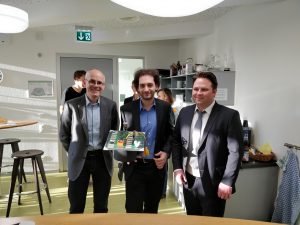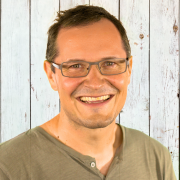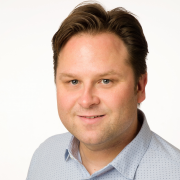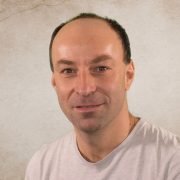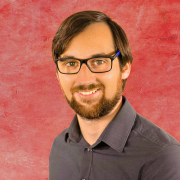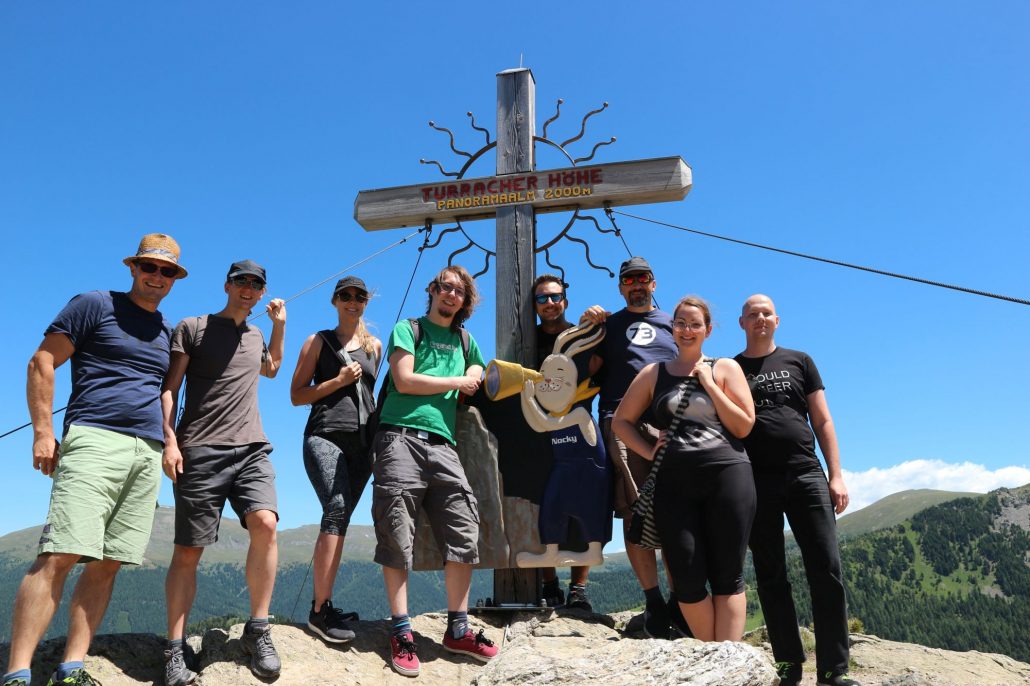 The second Game Studies and Engineering and Game Jam retreat took place on June 27-29 at Marktlalm on Turracher Höhe. The curriculum committee, game jam volunteers and organizers of the GamePics jam and show came together to discuss ongoing and future activities of the AAU in the context of games.
The second Game Studies and Engineering and Game Jam retreat took place on June 27-29 at Marktlalm on Turracher Höhe. The curriculum committee, game jam volunteers and organizers of the GamePics jam and show came together to discuss ongoing and future activities of the AAU in the context of games.
Mathias Lux, a former student of Peraugymnasium Villach, gave a talk with the topic “Something Something Videogame”.
See more: https://www.peraugymnasium.at/item/714-vortrag-von-di-mathias-lux
ITEC is delighted to announce the next speaker in our guest lecture series – Ass.-Prof. Ali C. Beğen from Ozyegin University, Istanbul, Turkey. The course will take place April 1-12, 2019. This course introduces different types of applications that enhance the world of multimedia and the Web, and the systems and data structures that are used by them.
For more information on the course, click HERE.
ITEC is delighted to announce the next speaker in our guest lecture series – PD Dr. Ralf Klamma from RWTH Aachen University. The course will take place from June 12-19, 2019.
This course presents an introduction to Augmented Reality, with emphasis on designing and developing Augmented Reality applications. For more information on the course, click HERE.
An interview with Radu Prodan was published in the local newspaper Kleine Zeitung – learn more HERE.
From October 22-26, 2018, Klaus Schöffmann and people from his group (Sabrina Kletz and Bernd Münzer) participated in the ACM International Conference on Multimedia in Seoul, South Korea. Klaus Schöffmann presented two well-attended tutorials – one on “Interactive Video Search“ together with colleagues from Prague University, JOANNEUM RESEARCH, and NIST – and another one on “Medical Multimedia” together with Bernd Münzer and colleagues from Simula Research (the slides for both tutorials can be found below). Moreover, Sabrina Kletz successfully presented her PhD work there in the Doctoral Consortium and received some feedback from the community.
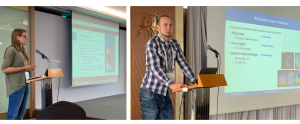
From October 13-22, 2018 Prof. Radu Prodan visited Chandigarh University and Lovely Professional University in India for interaction with research scholars and discussions about the common research projects.
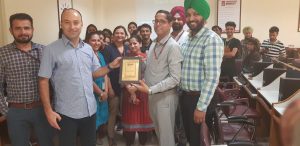
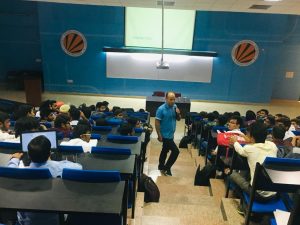
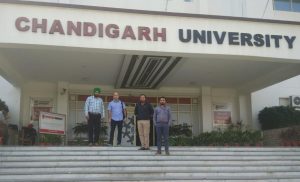
During the summer break, Philipp Moll was visiting his Mentor Jeff Burke at the University of California, Los Angeles (UCLA). The main focus of the stay was to progress the dissertation project, which is about Gaming over Named Data Networking. During the stay, Philipp Moll worked together with researchers from two different research groups from UCLA, Jeff Burke’s Center for Research in Engineering, Media and Performance (REMAP) and Lixia Zhangs Internet Research Lab (IRL). Together with Jeff Burke, the decision was made to use Minecraft to build a prototype for a distributed game architecture with NDN as network protocol. Finally, a network protocol for that architecture was designed, which is now the base for future publications.
Currently, the prototype of Minecraft over NDN is build at AAU. One part of the prototype, the synchronization of the game state among multiple game servers, is currently developed in the course of a master thesis under the supervision of Prof. Hermann Hellwagner and Philipp Moll.
Read more about the cover story in the new ad astra: “Efficiency in the great big data cloud”
On September 27, 2018 Klaus Schöffmann participated on the PhD defense committee of Luca Rossetto at the University of Basel. The title of Luca Rossetto’s PhD is “Multi-Modal Video Retrieval”. Additionally, he gave an invited talk on September 28, 2018 about “Medical Video Analytics at the University of Basel, Department of Mathematics and Computer Science.
